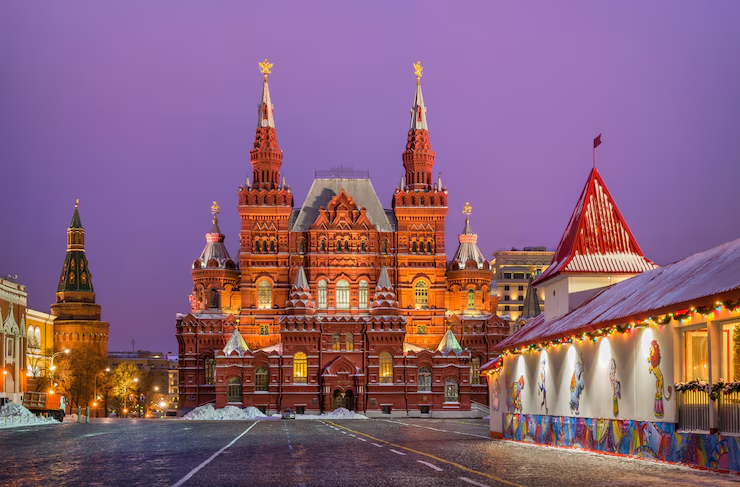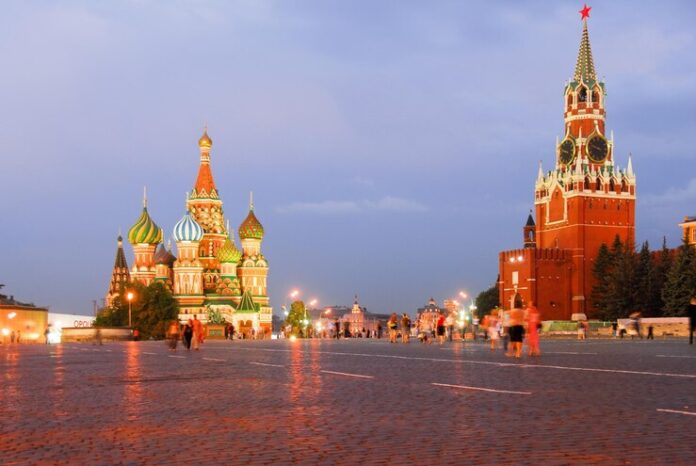The phrase “Sutchcuh Russian” evokes curiosity and intrigue. Whether it is a cultural, historical, or linguistic concept, its unique identity calls for exploration. In this article, we delve into the multifaceted dimensions of what “Sutchcuh Russian” could represent, examining its origins, implications, and significance in various contexts.
The Historical Roots of Sutchcuh Russian
To understand “Sutchcuh Russian,” it is vital to trace its historical roots. Russia’s history is a tapestry of events that intertwine politics, culture, and identity. From the rise of the Tsardom to the formation of the Soviet Union, every era has contributed to the shaping of modern Russian ethos.
Historically, the Russian identity has been influenced by its expansive geography and diverse population. The term “Sutchcuh” might be symbolic of a lesser-known but pivotal moment or group that played a role in shaping Russian history. For example, many regions in Russia’s vast expanse have unique dialects, traditions, and local lore that contribute to the larger narrative. Understanding these regional nuances is key to grasping the full meaning of “Sutchcuh Russian.”
Linguistic Perspectives on Sutchcuh Russian
Language is a fundamental pillar of identity, and exploring “Sutchcuh Russian” linguistically offers valuable insights. The Russian language, known for its rich vocabulary and complex grammatical structure, has evolved over centuries. Borrowing words from Turkic, Mongolic, and even Western European languages, Russian has a depth that reflects its multicultural interactions.
“Sutchcuh” might represent a dialect, a set of phrases, or even a linguistic movement that seeks to preserve traditional elements of the language. For instance, local idioms and expressions often carry profound cultural meanings, revealing the mindset and values of a community. Uncovering the linguistic essence of could shed light on how language serves as a repository of history and culture.
Cultural Significance of Sutchcuh Russian

Culture is the soul of any community, and “Sutchcuh Russian” may signify a unique cultural phenomenon. Russia’s artistic heritage—spanning literature, music, and dance—is one of its most celebrated facets. From the poetic brilliance of Pushkin to the symphonies of Tchaikovsky, Russian culture often blends the grand with the intimate.
could represent an artistic style, a folk tradition, or even a modern cultural movement. Imagine a vibrant art form that encapsulates the essence of a particular region or time in Russian history. Exploring this cultural angle may reveal how creativity and tradition merge to shape identities in dynamic ways.
The Contemporary Relevance of Sutchcuh Russian
In today’s interconnected world, preserving unique identities like is both a challenge and an opportunity. Globalization often blurs the lines between cultures, making it crucial to protect and celebrate regional and national identities. Modern Russians may view “Sutchcuh” as a call to reconnect with their roots while embracing the future.
Technological advancements and social media platforms also play a role in preserving and promoting cultural heritage. Digital archives, virtual communities, and online storytelling can help bring to the forefront of global conversations. By embracing modern tools, Russians and enthusiasts worldwide can ensure that this unique identity thrives in contemporary times.
Conclusion
“Sutchcuh Russian” is more than a phrase—it is a gateway to exploring the depth and diversity of Russian history, language, and culture. By examining its historical origins, linguistic dimensions, cultural significance, and contemporary relevance, we uncover layers of meaning that enrich our understanding of Russia as a whole. Whether “Sutchcuh” is a historical term, a linguistic gem, or a cultural treasure, its exploration reminds us of the importance of preserving and celebrating unique identities in a rapidly changing world.

